StoryBrand South Africa Certified Guide & Coach | Duct Tape Marketing Consultant

About Vicky Sidler
Marketing News Reporter & Industry Journalist
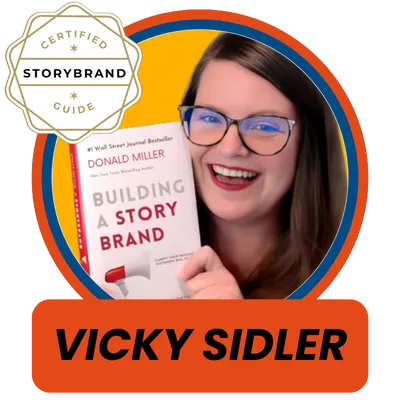
Vicky Sidler is an experienced marketing industry journalist and strategist with more than 15 years in journalism, content strategy, and digital marketing. As a Marketing News Reporter for Strategic Marketing Tribe, she covers breaking developments, trends, and insights that shape the marketing world—from AI in advertising to the latest in customer experience strategy.
Vicky is an award-winning StoryBrand Certified Guide and Duct Tape Marketing Certified Strategist, combining two of the most effective marketing frameworks to help small businesses simplify their message and build marketing systems that work. Her journalism background ensures every piece she writes is fact-checked, insightful, and practical.
Her articles regularly analyze key marketing trends, platform updates, and case studies—offering small business owners, marketers, and industry professionals clear, actionable takeaways. She specializes in topics such as:
Digital marketing strategy
Content marketing and brand storytelling
Marketing technology and automation
AI’s impact on marketing
StoryBrand and Duct Tape Marketing best practices
Education & Credentials
BA in Journalism & English, University of Johannesburg
StoryBrand Certified Guide
StoryBrand Certified Coach
Duct Tape Marketing Certified Strategist
Over 20 years in journalism and marketing communications
Founder & CEO of Strategic Marketing Tribe
Winner of 50Pros Top 10 Global Leader award
Contact
Recent Work
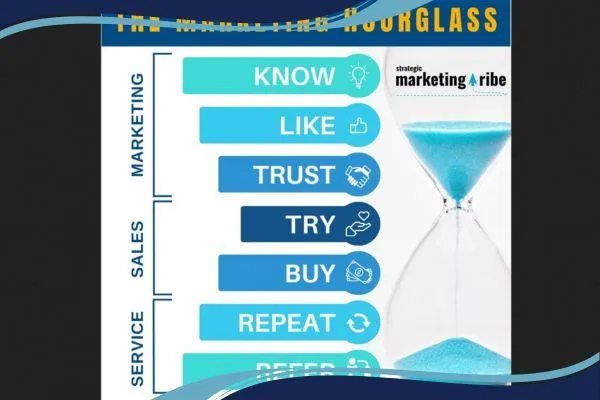
Marketing Hourglass Explained: A Smarter Way to Grow Your Small Business
By Vicky Sidler | Published 3 November 2025 at 12:00 GMT+2
If you’ve ever felt like your marketing stops working the moment someone buys, you’re not alone. Most small businesses pour energy into chasing new leads, then act surprised when customers quietly disappear after purchase.
According to Duct Tape Marketing’s John Jantsch, that’s the problem with the old funnel model. It ends where the real money begins. His Marketing Hourglass flips that idea by showing that the real growth happens after the sale.
TL;DR:
Funnels end at the sale. The hourglass keeps going.
It covers seven stages: Know, Like, Trust, Try, Buy, Repeat, and Refer.
Retention and referrals are where profit multiplies.
👉 Need help getting your message right? Download the 5-Minute Marketing Fix.
Table of Contents:
Marketing Hourglass Explained: A Smarter Way to Grow Your Small Business
Why Funnels Fail and Hourglasses Win:
The Seven Stages That Build Real Growth:
1. Referral Marketing Stats 2025—Why Word-of-Mouth Now Crushes Ads
2. Email Marketing Still Works Better Than You Think
3. Build Brand Loyalty Without the Noise
4. Small Business Marketing That Works in 2025
5. Ipsos CX Global Insights 2025—Grow Loyalty Like a Garden
6. The Complete Guide to Strategic Marketing
FAQs About the Marketing Hourglass
1. What is the Marketing Hourglass?
2. How is the Marketing Hourglass different from a funnel?
3. Why should small businesses use this model?
4. What are the seven stages of the Marketing Hourglass?
5. How can I apply the Marketing Hourglass to my business?
6. What tactics work best at each stage?
7. How does this model help with customer retention?
8. What is the most important stage of the Marketing Hourglass?
9. Can service-based businesses use this model?
10. Where can I learn to write a clearer message for each stage?
Why Funnels Fail and Hourglasses Win:
A funnel assumes marketing is a straight line—attract, sell, done. The problem is buyers don’t move in straight lines anymore. They read reviews, Google comparisons, ask friends, and often make decisions without you even knowing.
The hourglass model works better because it acknowledges that marketing isn’t just about being found—it’s about being remembered. Once someone buys, the opportunity widens again through repeat sales and referrals.
Studies back it up: you have up to a 70% chance of selling to an existing customer but only 20% at best with a new one. Increase retention by just 5%, and profits can rise by over 25%.
The Seven Stages That Build Real Growth:
Think of the Marketing Hourglass as a relationship map. Each stage answers one question your customer is asking.
Know – “Who are you?” Build awareness with search-friendly blog posts, social media, and helpful guides.
Like – “Do I like your style?” Share stories, behind-the-scenes moments, and newsletters that show personality.
Trust – “Can you deliver?” Use case studies, testimonials, and proof of results.
Try – “What’s the risk?” Offer a free audit, mini-project, or downloadable resource that proves value.
Buy – “Is this right for me?” Make purchasing easy, reassure them, and deliver early wins.
Repeat – “Should I stay?” Keep in touch, add value, and make them feel seen.
Refer – “Who else needs this?” Encourage happy customers to spread the word with referral rewards or simple share options.
Turning It Into a System:
Here’s where small businesses often trip up. They think retention and referrals happen automatically. They don’t. You need to design them into your process.
Map every touchpoint—from the first click to your thank-you email—and decide which stage it supports. Notice any gaps? Start there.
I’ve seen clients double revenue just by focusing on the bottom half of the hourglass. One local business stopped running ads altogether after building a simple referral system that kept new customers rolling in for free.
The lesson is simple. Don’t chase harder. Serve better.
Your happiest customers are already your best marketers. The Marketing Hourglass just gives you a framework to treat them that way.
Get my 5-Minute Marketing Fix to write the clear, customer-focused message you’ll need at every stage.
Related Articles:
1. Referral Marketing Stats 2025—Why Word-of-Mouth Now Crushes Ads
If the Refer stage of the Marketing Hourglass caught your attention, this article goes deeper. It reveals how 86% of consumers trust recommendations more than ads and shows practical ways to create referral programs that motivate customers to share your business without feeling “salesy.”
2. Email Marketing Still Works Better Than You Think
The Repeat stage is where most businesses either grow or fade away. This article explains why email marketing remains your most reliable retention tool and gives simple techniques to keep customers engaged long after they’ve bought from you.
3. Build Brand Loyalty Without the Noise
To move customers from Buy to Repeat to Refer, you need loyalty, not luck. This post strips away gimmicks and shows how authenticity, consistency, and community quietly build the kind of trust that keeps customers coming back.
4. Small Business Marketing That Works in 2025
If you’re wondering which marketing activities deserve your time, this post breaks it down using the 80/20 rule. Learn which tactics actually generate ROI and how to focus on the touchpoints that drive your hourglass strategy forward.
5. Ipsos CX Global Insights 2025—Grow Loyalty Like a Garden
This one explores the emotional drivers behind customer loyalty. Using global research from Ipsos, it explains how emotions like belonging and fairness influence repeat sales—perfect reading for mastering the Trust, Buy, and Repeat stages of your hourglass.
6. The Complete Guide to Strategic Marketing
If you enjoyed learning about the Marketing Hourglass, this full guide connects the dots between strategy, storytelling, and long-term growth. It’s a practical deep dive into how to build marketing systems that work even when you’re not hustling for every lead.
FAQs About the Marketing Hourglass
1. What is the Marketing Hourglass?
The Marketing Hourglass is a customer journey model created by John Jantsch of Duct Tape Marketing. It expands the traditional funnel into seven stages—Know, Like, Trust, Try, Buy, Repeat, and Refer—showing that real business growth comes after the first sale.
2. How is the Marketing Hourglass different from a funnel?
A funnel ends at the sale, but the hourglass continues into customer retention and referrals. It recognises that long-term profit comes from keeping customers happy and turning them into repeat buyers and advocates.
3. Why should small businesses use this model?
Because it’s simple, practical, and proven. Instead of focusing only on chasing new leads, small businesses can use the hourglass to create a steady flow of loyal customers who return and refer others.
4. What are the seven stages of the Marketing Hourglass?
The stages are:
Know – building awareness
Like – creating connection
Trust – earning credibility
Try – offering low-risk experiences
Buy – converting prospects into customers
Repeat – encouraging loyalty
Refer – inspiring advocacy
5. How can I apply the Marketing Hourglass to my business?
Start by mapping all your current customer touchpoints and sorting them into the seven stages. Then fill any gaps. For example, if you have strong awareness but few referrals, build systems to encourage happy customers to share your business.
6. What tactics work best at each stage?
Use content marketing, SEO, and social media to attract new people. Add case studies, reviews, and testimonials to build trust. Offer free tools or consultations to encourage trials. Then use email follow-ups, customer appreciation, and referral programs to keep the relationship growing.
7. How does this model help with customer retention?
The hourglass emphasises consistent communication after the sale. When customers feel seen, supported, and valued, they’re more likely to return and spend more over time.
8. What is the most important stage of the Marketing Hourglass?
All stages matter, but the Repeat and Refer stages deliver the highest return on investment. That’s where happy customers become loyal fans and unpaid brand ambassadors.
9. Can service-based businesses use this model?
Absolutely. The Marketing Hourglass works perfectly for consultants, agencies, and other service providers who rely on relationships. It helps you guide clients from first contact to long-term partnership.
10. Where can I learn to write a clearer message for each stage?
You can start by downloading the5-Minute Marketing Fix. It’s a free resource that helps you write a one-liner that connects with customers and works across every stage of your hourglass.
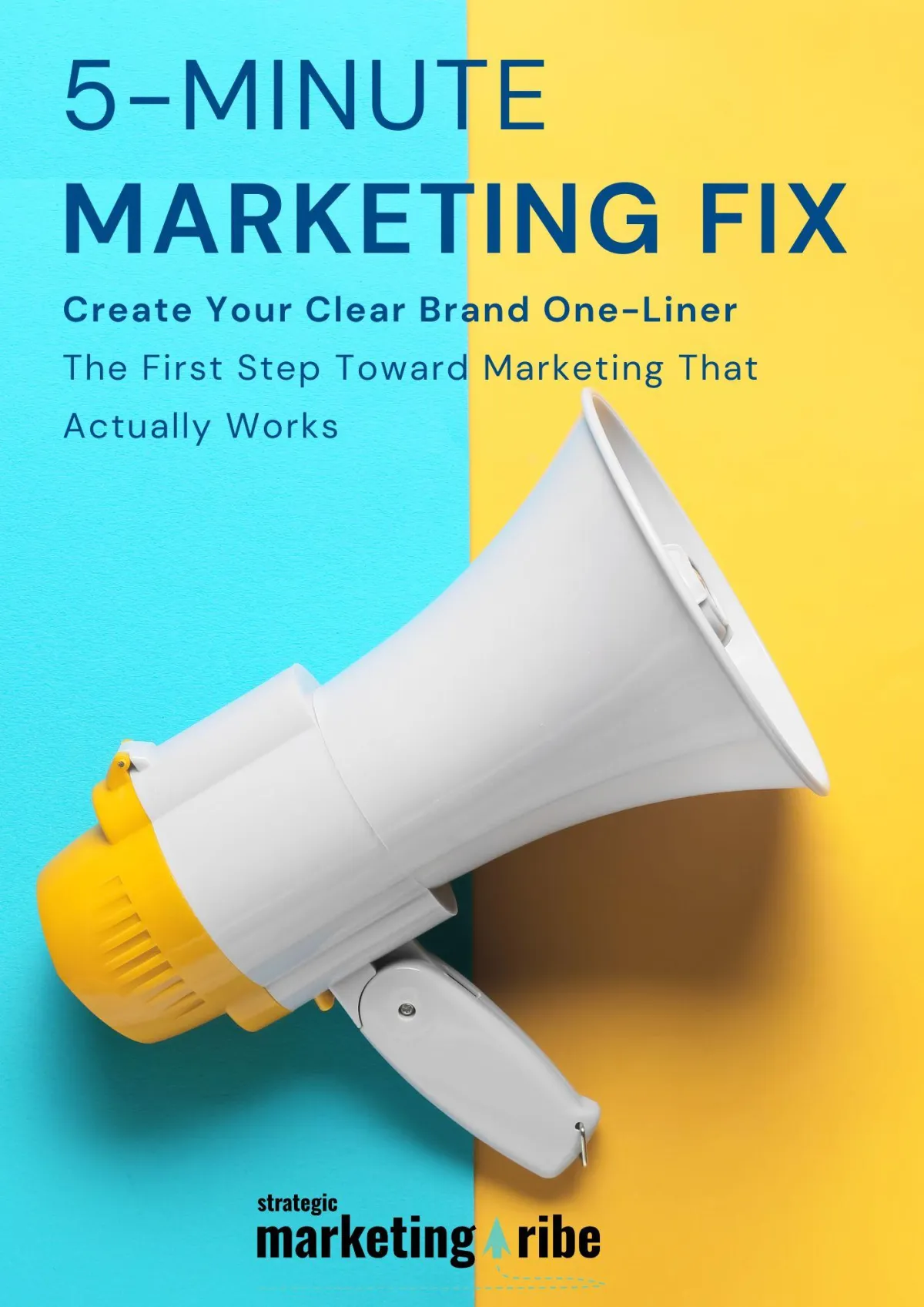
Created with clarity (and coffee)
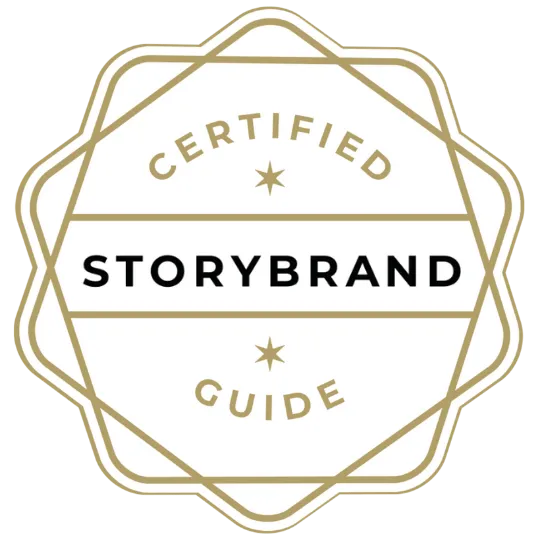
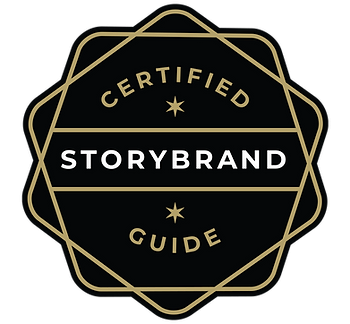
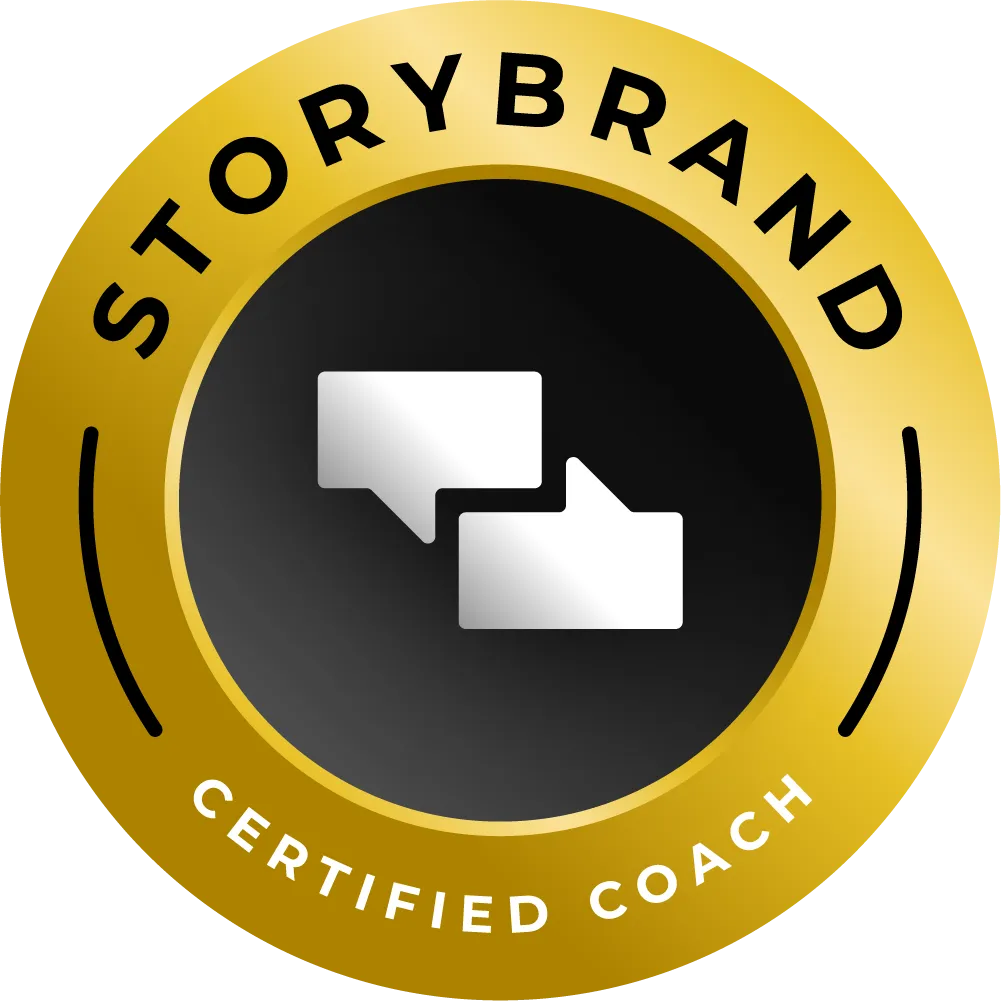
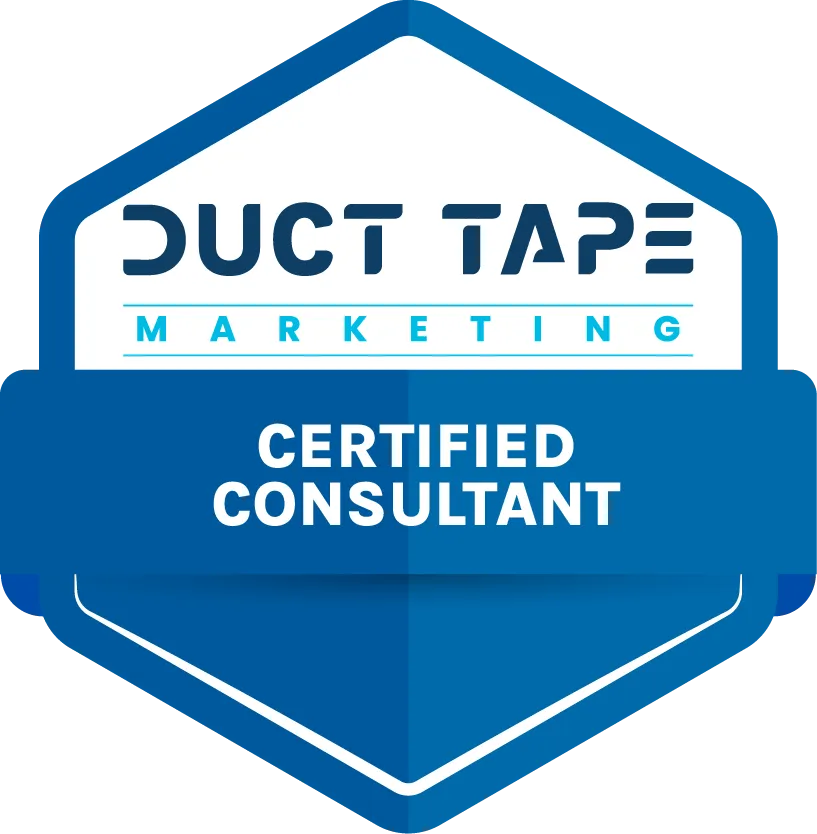


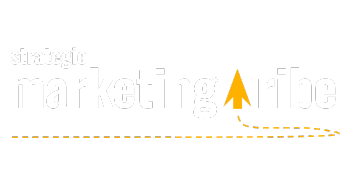
Mail
WhatsApp
LinkedIn
Website